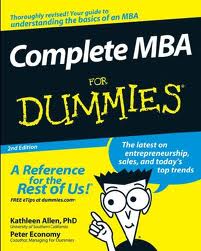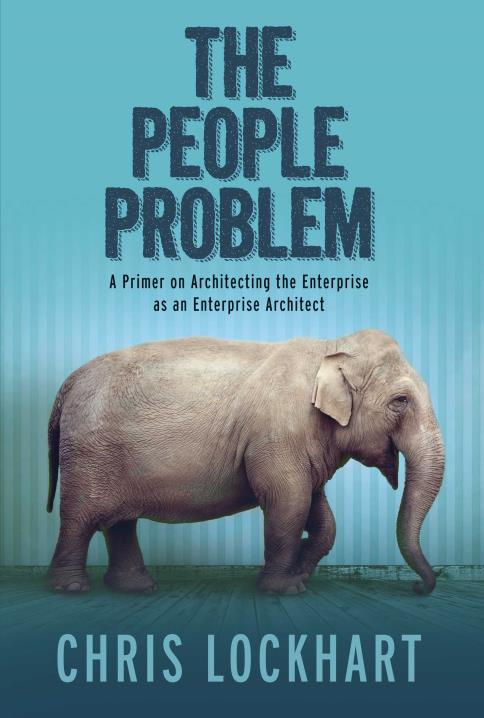Okay. Now that I have your attention. Degrees in business administration aren’t worthless. They are being used in many cases as a substitute for real understanding of business conditions, objectives and value delivery. In that sense, they aren’t worthless, they are merely misleading.
“But Chris, you don’t even have an MBA”. This is true. So take this with a grain of salt and chalk it up to innate jealousy. Or take it as a reflection on the usefulness of degrees in place of instinct and experience. I’ve been involved in enough MBA-esque workshops, case study exercises and classes to have at least a grasp on what the recent crop of degree holders are being taught about the real world. But more importantly, I have seen the crack MBA totally misread and misunderstand situations, misapply his knowledge and lose credibility so many times that I have lost count (must be my lack of mathematics degree).
Whether you agree with me may depend on your perspective on whether or not expertise is taught or acquired. I happen to believe it is acquired. Tools typically taught in business degree programs can help you deal with situations as they arise. But at the end of the day it is your ability to correctly identify and analyze the situations you are presented with that determines whether you are effective or not. After all, if expertise were merely taught, all consultants, regardless of initial intellectual capability, would be equally effective. <politics>In a world where we are encouraged to think we’re all equal regardless of capability, this is appealing. In my world, it is based on an invalid initial assumption. We are not all equal. </politics>
To the extent that an MBA program gives you tools for being effective in business situations, I would argue that any sufficiently difficult liberal arts degree program equips you similarly. Whether it is history (me) or something else, there is similar development of critical thinking and analytical skills that are just required in this day and age. For white collar career paths, the ability to identify, assess and diagnose business problems and then go on to prescribe and execute solutions absolutely demands thoughtful approaches that don’t magically come with the diploma. The education is a foundation. It is not an end unto itself. You don’t graduate with instant insight into every business situation. Experience and exposure to failure bring that insight.
One thing I do think should be part of every MBA program is a raft of courses in human psychology as well as political theory. In the reality outside of the Quad/Ivory Tower, human beings don’t act entirely rationally most of the time. While they DO tend to act in their perceived self-interest, it takes a while to be able to identify that trend and incorporate it into your approach as a business person. Internal politics of large corporations has ripped more than one MBA to pieces. To my cynical amusement, I’ve been privileged to witness this several times. MBAs who are consultants gain this awareness faster, I believe, but are still susceptible to thinking everyone should act as an argument in a theoretical formula.
There are plenty of studies in this area. Just Google “MBAs Are Worthless” There is an increasing trend to look at little more critically at the resume’s list of educational achievements. And this is a good thing. Frankly it seems a pretty obvious thing.
People aren’t arguments in a formula. Businesses don’t routinely follow the predicted course taught in programs. Understanding what matters to the humans running businesses is a critical component to navigating enterprises today. An advanced degree can help by providing tools practitioners can leverage. Mistaking the education pedigree for a fundamental grasp, a true understanding, is a dangerous thing.


